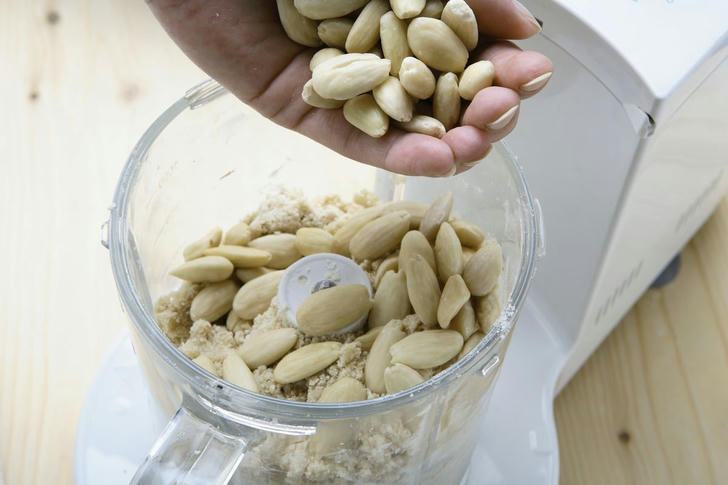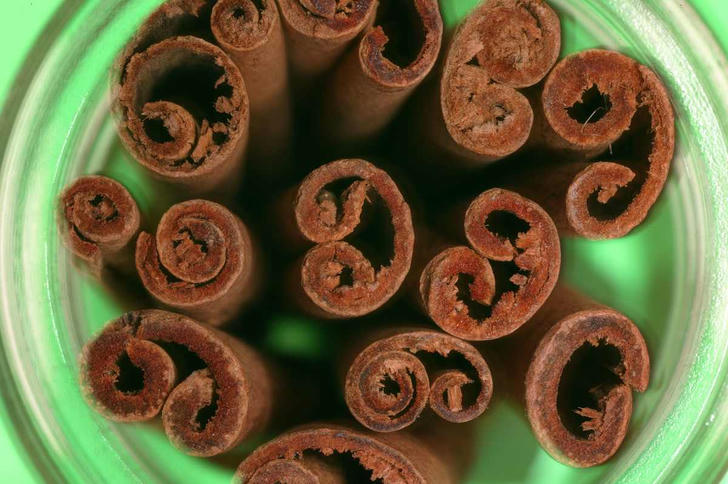Healthy, Science-Backed Foods That Can Help With Diabetes
Here's Another Reason To Enjoy Garlic
If you're a garlic fan, you're in for some good news. Many studies have shown that garlic can help control blood sugar, lower cholesterol levels, and reduce inflammation. For example, a study conducted in Pakistan in 2011 found that people with type 2 diabetes who consumed 900 mg of garlic daily for 24 weeks showed improvements in cholesterol levels, blood sugar control, and triglyceride levels.

Furthermore, a report from the Journal of Ayub Medical College states that garlic can lower LDL cholesterol (the "bad" cholesterol) and increase HDL cholesterol (the "good" cholesterol). While eating a small amount of garlic won't drastically improve your health, it's still a good reason to include garlic in your diet.
Related articles:
The Top 8 Diabetic Meal Delivery Services of 2024
Plant-Based Diets and Diabetes: What You Need to Know
Healthy Snack Ideas for Diabetes Management
2024 New Blood Glucose Monitors Price
A Handful Of Nuts May Help Prevent Heart Disease
Eating a small portion of nuts daily could be good for people with diabetes. A study published in Circulation in 2019 found that eating nuts can reduce the risk of heart disease in people with diabetes. Those with type 2 diabetes who ate one-ounce servings of nuts five times a week were 17% less likely to develop cardiovascular disease.

The study highlighted that walnuts, pistachios, and almonds were the most beneficial nuts. However, other nuts like cashews and peanuts also help improve blood pressure and cholesterol levels in people with type 2 diabetes, as reported in the Journal of Nutrition.
A Little Bit Of Cinnamon Can Make A Big Difference
Several studies have shown that cinnamon might help with diabetic symptoms. For instance, a 2012 study published in Nutrition Research discovered that cinnamon extract could improve blood sugar levels in Chinese patients with type 2 diabetes. Similarly, The Journal of Diabetes Research reported that cinnamon tea had the same positive effect.

Hemoglobin A1c levels are used to determine chronic diabetes, and cinnamon can directly influence these levels. A study conducted in 2019 found that people with type 2 diabetes who consumed one gram of cinnamon daily for three months had lower A1c levels. It's important to note that you don't need a large amount to see benefits. Stick to consuming less than one teaspoon of cinnamon per day to avoid potential health issues.
